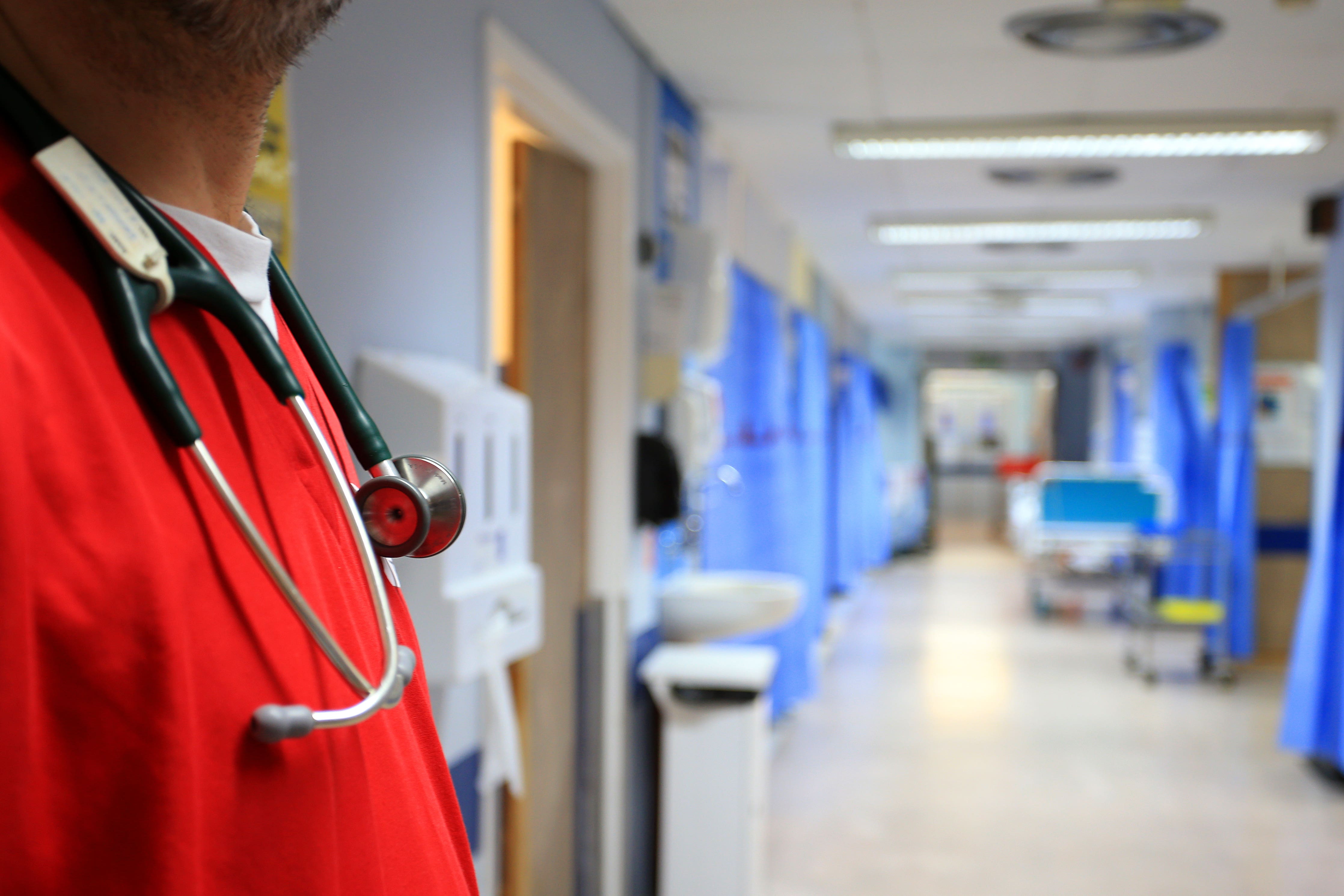Women continue to be paid less in mental healthcare jobs, study shows
Research for the Royal College of Psychiatrists showed women were being paid 6% less than their male colleagues.

Women who work in mental healthcare are facing a gender pay gap which could see them earning 6% less than their male colleagues, according to analysis.
Just three NHS mental health trusts reported no difference of hourly pay between male and female mental health staff – including psychiatrists, nurses and healthcare assistants, according to the Royal College of Psychiatrists.
The college said that it could take “decades” for mental health trusts to close the gender pay gap without action.
Some organisations have stark differences in pay rates, the college said.
I don’t know why the male consultants in the Trust were paid more than me for doing similar work
One trust, the Lincolnshire Partnership NHS Foundation Trust (LPFT), had the largest gender pay gap with men paid 17.7% more than women on average, the college said.
The college sent freedom of information requests to 50 mental health trusts in England asking about their hourly median pay for all staff.
Responses from 49 show that female staff, on average, were earning 6% less than male staff.
Data from all 49 trusts show the gap between men’s and women’s hourly median pay has narrowed by just 0.1 percentage point over the last five years, according to the data, shared with the PA news agency.
One female consultant psychiatrist said: “I don’t know why the male consultants in the trust were paid more than me for doing similar work, but it felt unfair and, unfortunately, this experience has left me feeling disengaged from the Trust.
“I know there are women who don’t feel comfortable asking their colleagues about pay and who are trapped in a similar situation to mine.
“We all would benefit from more transparent data so that men and women can compare how much they are being paid for their work.”
The college has urged mental health trusts to sign up to its gender pay gap action plan.
Dr Beena Rajkumar, of the Royal College of Psychiatrists, said: “We are in the middle of a cost-of-living crisis and women can no longer afford to pay the price of the gender pay gap.
“Thousands of female workers are missing out on better pay and exciting career opportunities purely because of their gender.
“Many NHS mental health trusts have struggled to make progress on this issue since they were first required to publish their gender pay gap data in 2017.
“They are still decades away from closing the gap and every year they fail to act is another year that women are forced to settle for less than they are worth.”
Sarah Connery, chief executive of LPFT, said: “LPFT prides itself on having an inclusive and diverse workforce but based on our data we recognise there is an issue around our gender pay gap, and we are doing all we can to boost equality.”
It comes as a separate study by the University of Cambridge found that certain specialities were more attractive to female or to male doctors.
Meanwhile, minority ethnic doctors are less likely to get NHS speciality training posts.
Academics examined applications to medical and surgical specialists training positions in the NHS in 2021/22.
They found surgical specialities and radiology had the highest proportion of male applicants while obstetrics and gynaecology and public health had the highest proportion of female applicants.
Overall 33% of applications were successful.
While half of the applicants were non-UK graduates, the overall success rate of UK graduates was 44.5%, compared with 22.8% for non-UK graduates.
Dr Dinesh Aggarwal, the study’s first author, said: “The data suggests there’s a need to review recruitment policies and processes from a diversity and inclusion perspective.”
Bookmark popover
Removed from bookmarks